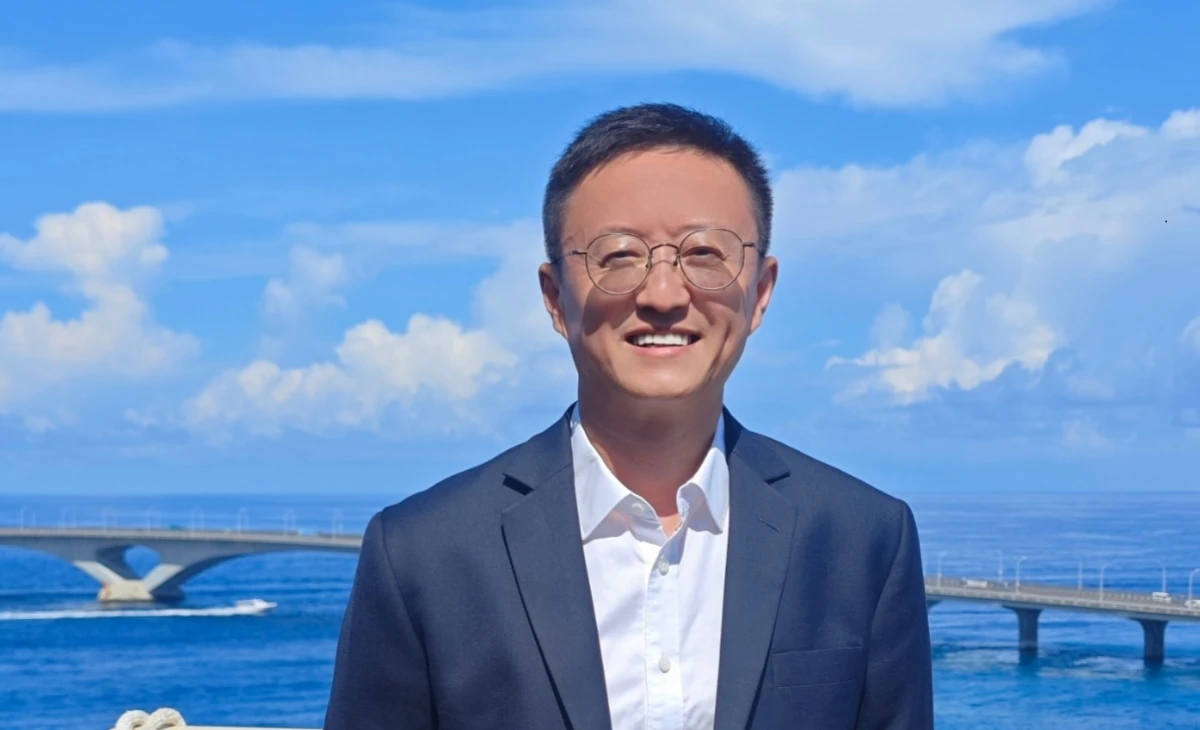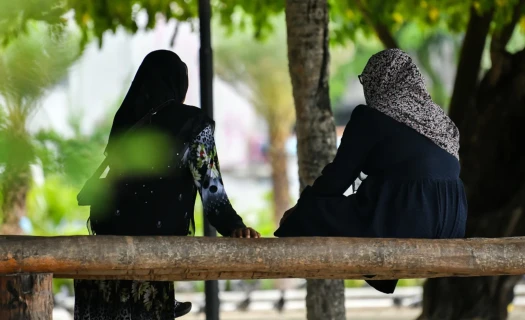Sun, 22 Feb 2026
|DHIVEHI
Ambassador Kong Xianhua hails China’s five-year plan as global stabiliser
12 Aug 2025
|

Chinese Ambassador to the Maldives Kong Xianhua
China’s sustained economic growth and social development under the 14th Five-Year Plan have been outlined by the Chinese Ambassador to Maldives, Kong Xianhua, describing them as a source of stability for the international community and a reference point for developing nations, including the Maldives.
As the plan enters its final year, he noted consistent GDP expansion, advances in technology, and improvements in living standards despite global uncertainty caused by geopolitical tensions, the COVID-19 pandemic, and protectionist trends. GDP surpassed RMB 110 trillion, 120 trillion, and 130 trillion in consecutive years and is projected to reach RMB 140 trillion this year, with an average growth rate of 5.5 per cent during the first four years. Domestic demand contributed over 86 per cent of this growth, reinforcing China’s position as a driver of global economic activity.
China has remained the world’s largest manufacturing nation for 15 consecutive years, with the annual added value of its manufacturing sector exceeding RMB 30 trillion and over 200 major industrial products leading global production. Infrastructure developments during this period include the world’s largest 5G network, the most extensive social security system, and the largest middle-income population group. Notable technological achievements cited include a domestically developed electromagnetic catapult aircraft carrier, a fourth-generation nuclear power plant, and the “Tiangong” space station. Research and development spending in 2024 was almost 50 per cent higher than at the close of the previous plan, with growth continuing in both high-tech manufacturing and the digital economy.
China also met its poverty alleviation targets, lifting 98.99 million people out of poverty, and is now pursuing rural revitalisation to ensure that development benefits are more widely shared. The income gap between urban and rural areas is narrowing, public services are becoming more accessible, and living standards have risen.
The Five-Year Plan serves as the principal framework for economic and social policy, linking long-term aspirations to measurable objectives and concrete measures. The “Two Centenary Goals” set milestones for building a moderately prosperous society by 2021 and a modern socialist country by 2049. The second goal is divided into two stages, with socialist modernisation targeted for 2035 and full national development by the middle of the century.
Implementation of the 14th Five-Year Plan combined national vision with local engagement, from grassroots research to targeted projects, translating objectives into specific action programmes and measurable indicators. This process, according to the Ambassador, has enabled China’s transformation from a poor agricultural country into the world’s second-largest economy.
Over the past five years, foreign investment of more than RMB 4.7 trillion has been attracted, while high-level opening-up continues. The Ambassador said that China’s approach to modernisation, which is centred on industrial upgrading, sustainable growth and inclusive development, offers lessons for developing countries. In this regard, he noted that the Maldives could adapt aspects of this model to its own circumstances, combining long-term vision with structured medium-term objectives and practical short-term measures.
The Ambassador highlighted that closer policy coordination and planning cooperation between China and the Maldives could enhance mutual development and provide stability in an unpredictable global environment.








